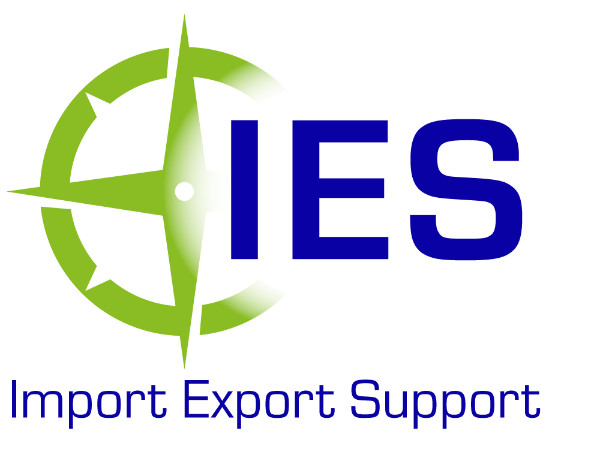How Johnson Controls took control of their imports and exports

This case study shows how a situation as difficult as the death of a colleague can be a catalyst for positive change.
IES have been working with Johnson Controls in Great Yarmouth for a couple of years and I hope import export professionals will find their story useful.
Johnson Controls are a global leader in automated control systems. In the UK, Johnson’s 125-strong team in Great Yarmouth designs and builds fire suppression systems which are installed around the globe. Key to the firm’s success is managing imports of components and chemicals from the EU, US and China.
The issue
For many years, the company’s imports, exports and customs activities had been the sole responsibility of a single employee. However in 2016 his untimely passing at a relatively young age not only had a devastating impact on his fellow colleagues but created a huge problem for the business, as no-one else knew his systems.
The solution
Tracey Renshaw from IES was recommended to step in a de-risk the gap left by this tragedy, and IES’ first job was to keep the company’s imports and exports moving.
Next, Tracey set about identifying ways to improve processes and strategy. Following the appointment of John Huxtable as Manufacturing Operations Director in 2017 things began to change. He takes up the story “I could see straight away that if the company didn’t make changes, the financial impact could be very great”.
Working with Tracey, the company have agreed a long-term plan which includes changing staff responsibilities, updating systems and attaining customs authorisations. These include Inward Processing, Customs Warehouse, Customs Freight Simplified Procedures (CFSP) and Authorised Economic Operator (AEO) status. John says “We needed a customs structure in place, not just one person”.
The company has appointed a Customs Controller, the key link between HMRC, senior management, internal departments and external companies. Reporting in to the Controller are the teams from purchasing, warehousing, engineering, shipping and sales who now have fully documented supply chain processes.
To illustrate the importance of the new processes, John uses the example of a ubiquitous fire extinguisher. As a stand-alone item it attracts one tariff rate, but as part of a larger fire suppression system it has different tariff rates in different countries. John says “It’s absolutely critical these things are picked up because when you’re dealing with high value systems, it can mean a lot of money”.
John and Tracey are also worked on plans for Brexit. Britain’s place in world trade is still unknown, but as John says “We’re well ahead of many other companies – we’ve got Tracey to thank for that”.
The results
The risk associated with having one person running all Johnson Controls imports and exports has been mitigated. The company now has documented processes and the structure is embedded into the daily business activities. Equally importantly, the changes bring clarity to the supply chain, enabling streamlined processes, improved efficiency and reduced costs.
New processes to accurately classify products can potentially save a business hundreds of thousands of pounds and, for this company, the opportunity to cut costs has been seized. John Huxtable says there are “Significant improvements in efficiency for the business. Tracey has done a really good job in this respect”.
JCI have made the applications to HMRC for AEOC status and other authorisations which they are optimistic will be approved.
Image: John Huxtable, Johnson Controls’ Manufacturing Operations Director with Tracey Renshaw MD of ImportExportSupport

